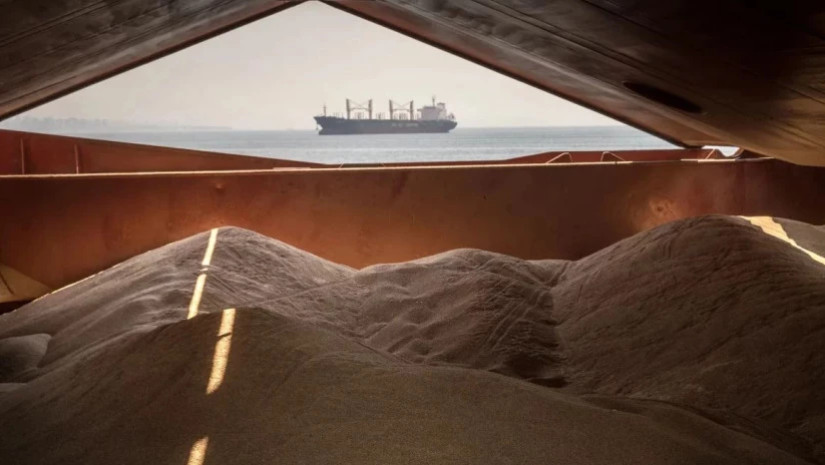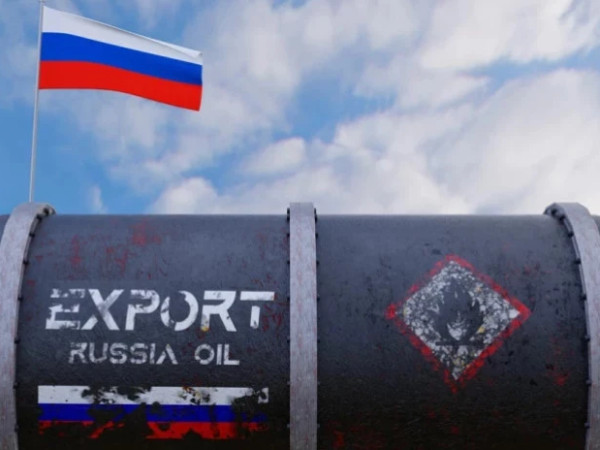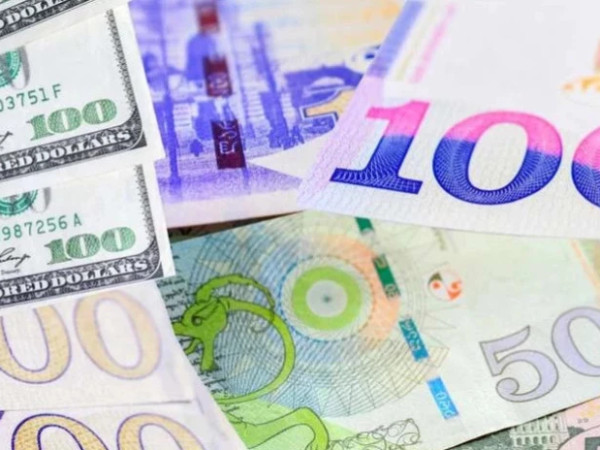As Russia once again bombards and blockades Ukraine's Black Sea ports — through which the country exports its vast agricultural produce — Poland and Hungary threaten to cut off the country's western exit routes.
Poland will unilaterally block imports from Ukraine if the European Commission fails to extend temporary restrictions at least until the end of the year, Prime Minister Mateusz Morawiecki told a meeting of agriculture ministers from five Eastern EU countries in Warsaw on Wednesday.
“I want to make it clear,” Morawiecki told reporters, “we will not open our border. Either the European Commission will agree to jointly work out regulations that will extend this ban, or we will do it ourselves.”
Days after killing a deal to allow Ukraine to export grain across the Black Sea, Moscow unleashed a wave of attacks on the Ukrainian ports of Odesa and Chornomorsk — two vital export facilities — damaging the infrastructure of global and Ukrainian traders and destroying 60,000 tons of grain.
The EU's top diplomat, Josep Borell, called Russia's escalating offensive "barbarian" on Thursday. "What we already know is that this is going to create a huge food crisis in the world," he told reporters in Brussels, adding that EU countries needed to step up alternative export routes for Ukraine.
Ukraine is one of the world's biggest exporters of corn, wheat and other grains. Following Russia's invasion and blockade of its Black Sea ports last year, the EU set up land export routes through its territory.
In the year since, export corridors set up by the EU called 'solidarity lanes' have carried about 60 percent of Ukraine's exports — mostly along the Danube to the Romanian port of Constanța. The remaining 40 percent has trickled through the country's own ports under the now-defunct Black Sea Grain Initiative brokered by the U.N. and Turkey.
But the opening of the overland routes also led to an unprecedented influx of cheap Ukrainian grain into neighboring EU countries — Romania, Poland, Hungary, Bulgaria and Slovakia — which was bought and resold by local traders instead of being exported further afield. The glut has put the solidarity of the bloc's Eastern members with Ukraine in its war of defense sorely to the test.
With an election looming this fall, Poland sought to appease local farmers — a vital constituency for the right-wing government — by closing its border this spring to Ukrainian imports. Hungary, Slovakia and Bulgaria followed suit while Romania, which didn't impose its own restrictions, joined the four in calling for restrictions at EU level.
In May, the five countries struck a deal with the Commission to drop their unilateral measures in exchange for €100 million in EU funding and assurances that Ukrainian shipments would only pass through the five countries on their way to other destinations.
It's these restrictions, which will expire on September 15, that the five countries want extended.
Other EU countries have criticized the Commission's leniency towards the five Eastern troublemakers, saying the compromise undermined the integrity of the bloc's internal market.


















